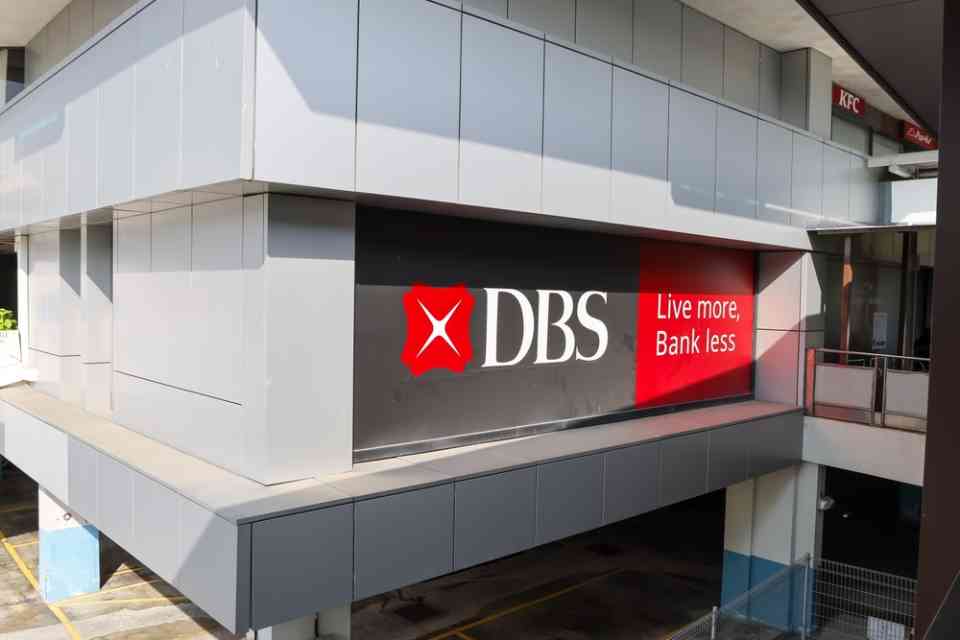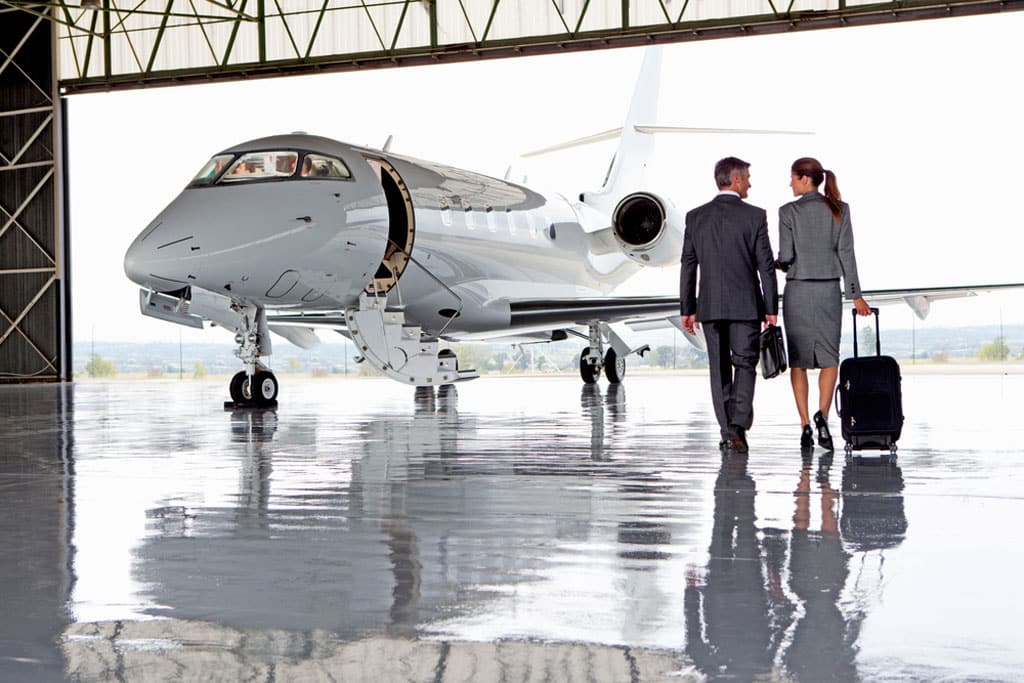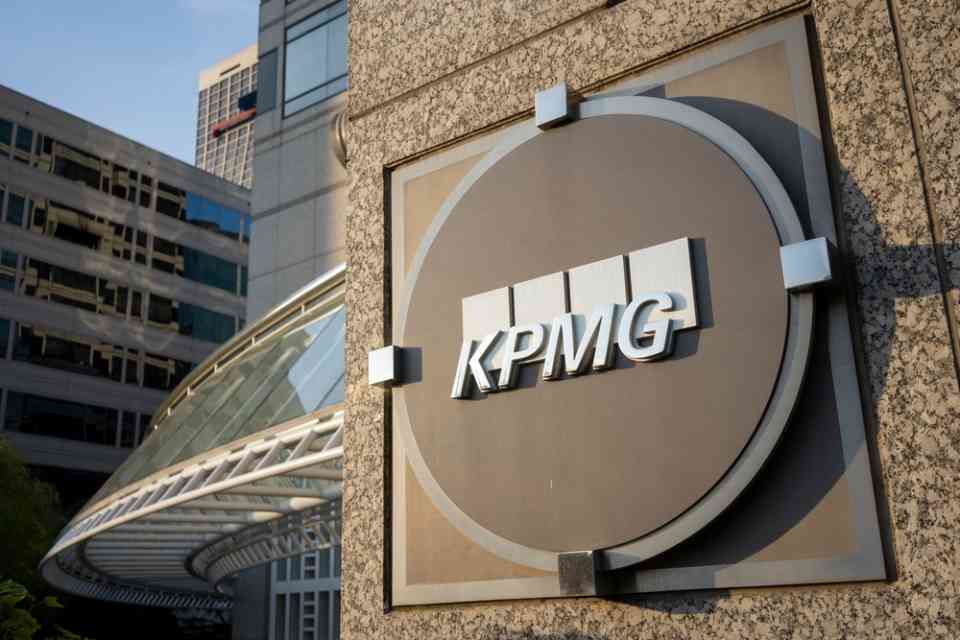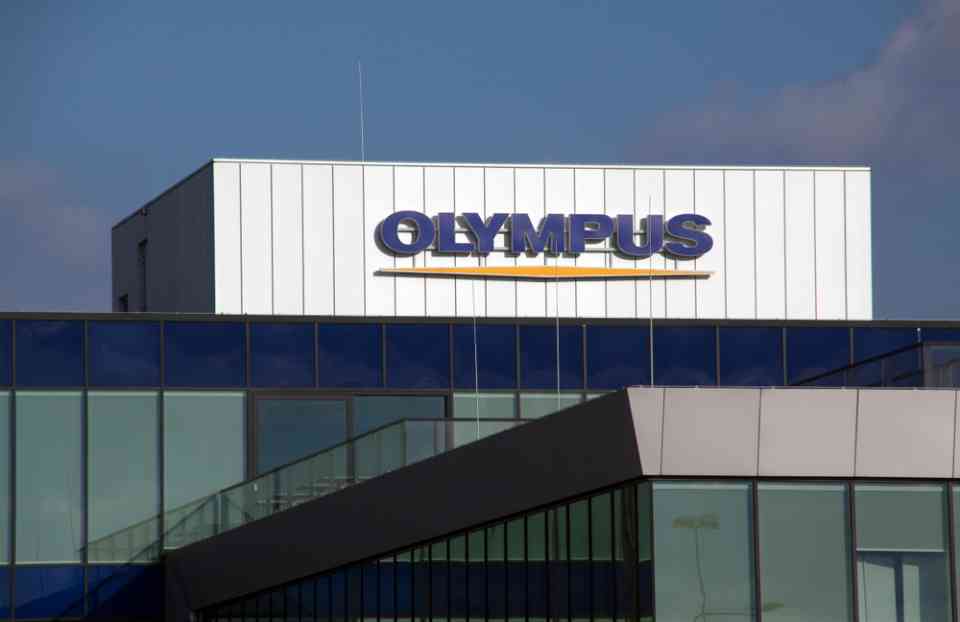Icona Capital, a renowned alternative investment group, has made a landmark acquisition of a pristine island in the Maldives. This island, characterized by its untouched natural beauty, crystal-clear waters, and powdery white beaches, represents one of the most sought-after locations in the world for ultra-luxury developments. Positioned strategically near both the international Malé airport and the domestic Maamigili airport, the island offers unparalleled accessibility for international travelers, making it an ideal location for a high-end hospitality project.
This acquisition signifies Icona Capital’s bold strategy in the ultra-luxury hospitality sector, a market it had previously dominated through its success with Ultima Capital. Known for its expertise in identifying and developing top-tier investment opportunities, Icona Capital is looking to transform the island into an exclusive luxury destination that will set new standards in the global luxury hospitality market. The company’s strong track record of success, combined with its unwavering commitment to excellence, is a testament to the group’s ability to deliver exceptional results in high-stakes ventures.
Icona Capital’s decision to invest in this Maldivian island highlights its ambition to remain a leader in the ultra-luxury market. Max-Hervé George, Chairman and CEO of Icona Capital, expressed his enthusiasm for the project in a recent statement: “We are thrilled to announce the acquisition of this rare island in the Maldives. This investment aligns perfectly with our vision of creating unique and exceptional investment opportunities globally.”
Max-Hervé George is no stranger to success in the luxury sector. As the founder of Ultima Capital, a leading player in the ultra-luxury hospitality space, he spearheaded a series of high-profile developments that redefined luxury hospitality. Founded in 2013, Ultima Capital became a force to be reckoned with in the ultra-luxury market, offering exclusive properties that catered to the world’s wealthiest clientele. Under George’s leadership, the company went public in 2019, culminating in a successful IPO before being sold in 2023. George’s experience and vision have played a critical role in the development of Icona Capital’s strategy, and his passion for the hospitality and property development sectors continues to drive the company’s growth.
“Our goal is to continue reinventing the concept of luxury as we did with Ultima,” George added. His words hint at the potential for the Maldives project to break new ground in the luxury hospitality sector, offering an experience that exceeds the expectations of even the most discerning travelers.
The Maldives is one of the world’s most iconic luxury travel destinations, attracting affluent tourists with its stunning natural landscapes, exclusive resorts, and tranquil atmosphere. The country’s archipelago consists of over 1,000 islands, each offering its own unique appeal, from overwater villas to private beachfronts. The natural beauty and isolation of the Maldives make it a haven for those seeking privacy, relaxation, and exclusivity—key factors in the growing demand for ultra-luxury accommodations.
Icona Capital’s acquisition of this particular island comes at a time when the global luxury travel market is rebounding strongly following the challenges posed by the COVID-19 pandemic. With travel restrictions easing and demand for exclusive, secluded experiences on the rise, the Maldives presents a perfect opportunity for Icona Capital to expand its portfolio and tap into this lucrative market.
Additionally, the Maldives’ strategic location, excellent connectivity through international airports, and well-established tourism infrastructure make it an ideal setting for Icona Capital’s next flagship project. The proximity to both the international Malé airport and the domestic Maamigili airport ensures that visitors will have seamless access to the island, further enhancing the appeal of the destination for high-net-worth individuals and elite travelers.
Icona Capital has yet to unveil specific details about the development plans for the island, but there is little doubt that the project will reflect the group’s core values of excellence, innovation, and sustainability. Known for creating bespoke, world-class experiences, Icona Capital is expected to introduce a level of sophistication and luxury that will elevate the Maldivian hospitality market to new heights.
Drawing from its diverse experience in sectors like real estate, financial services, data centers, and credit, Icona Capital will apply its multidisciplinary approach to create a holistic luxury ecosystem on the island. While the focus will undoubtedly be on hospitality, there may also be opportunities for high-end real estate, private residences, and exclusive club memberships, further expanding the scope of the project.
Sustainability will likely play a crucial role in the development of this ultra-luxury resort. As the world increasingly shifts toward eco-conscious travel, luxury brands are under pressure to ensure that their developments have a minimal environmental impact. In recent years, the Maldives has become a focal point for sustainability efforts in the hospitality industry, with many resorts adopting practices such as coral reef preservation, renewable energy initiatives, and eco-friendly construction methods. Icona Capital’s reputation for forward-thinking investments suggests that the group will prioritize sustainability in the development process, ensuring that the project aligns with both environmental standards and luxury expectations.
Icona Capital, founded by Max-Hervé George, has a well-established reputation as a leader in alternative investments and entrepreneurial ventures. While the group’s portfolio spans various industries, including data centers, real estate, credit, and the financial sector, its roots in hospitality and property development run deep. Icona Capital’s success in these areas has been driven by its ability to identify high-potential opportunities and execute with precision, resulting in lucrative returns for its investors.
With its visionary leadership, dedication to excellence, and passion for innovation, Icona Capital is poised to deliver a project that will captivate the world’s elite and solidify its position as a leader in the ultra-luxury sector. All eyes will be on this Maldivian island as the group begins its journey toward creating an iconic destination that embodies the pinnacle of luxury living.
Have you read?
Best Countries to Invest In Travel, Tourism, and Hospitality.
Most Forested Countries In The World.
World’s Most Fashionable Countries.
Best Non-Native English Speaking Countries In The World.
Countries With The Largest Household Size.
World’s Best (And Worst) Countries For Older People To Live In.
Add CEOWORLD magazine to your Google News feed.
Follow CEOWORLD magazine headlines on: Google News, LinkedIn, Twitter, and Facebook.
Copyright 2024 The CEOWORLD magazine. All rights reserved. This material (and any extract from it) must not be copied, redistributed or placed on any website, without CEOWORLD magazine’ prior written consent. For media queries, please contact: info@ceoworld.biz
CEOWORLD magazine – Latest – Banking and Finance – Icona Capital Acquires Island In Maldives for an Ultra-Luxury Project










